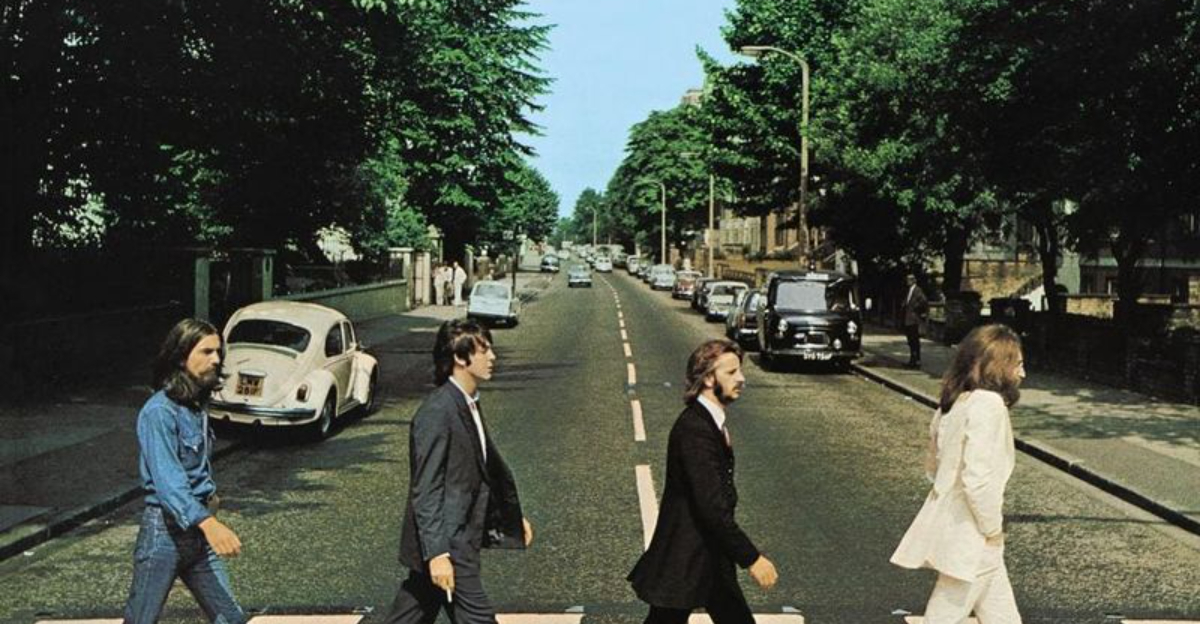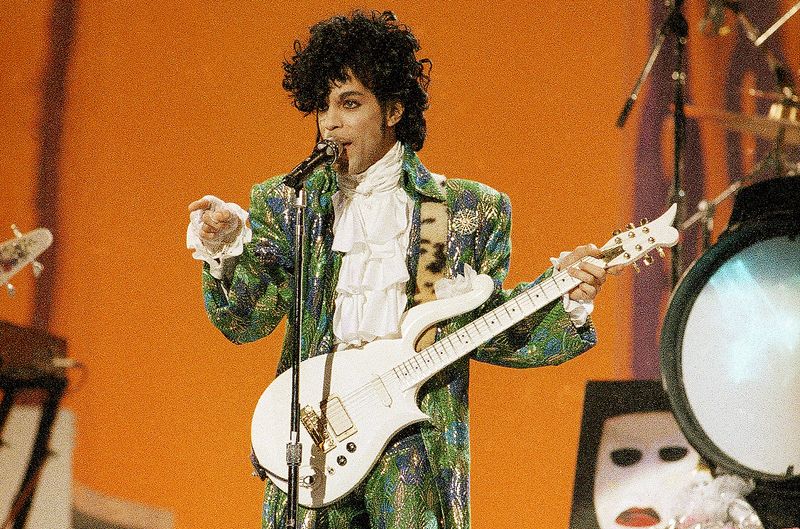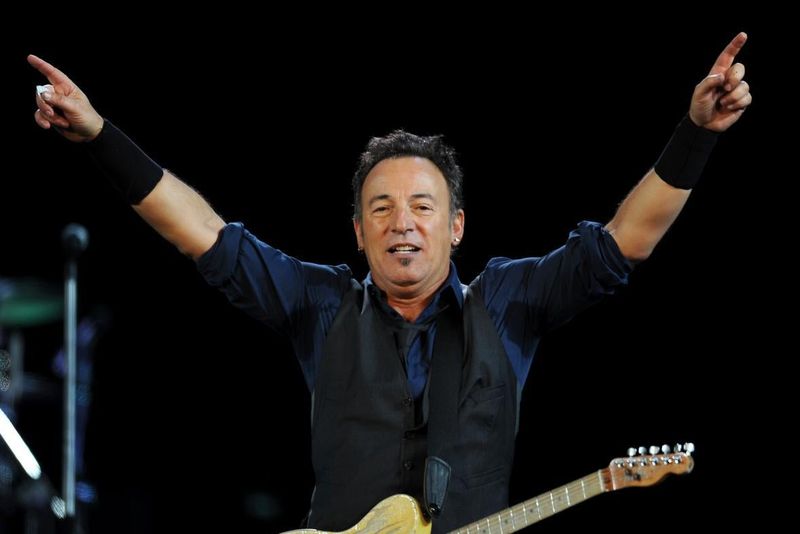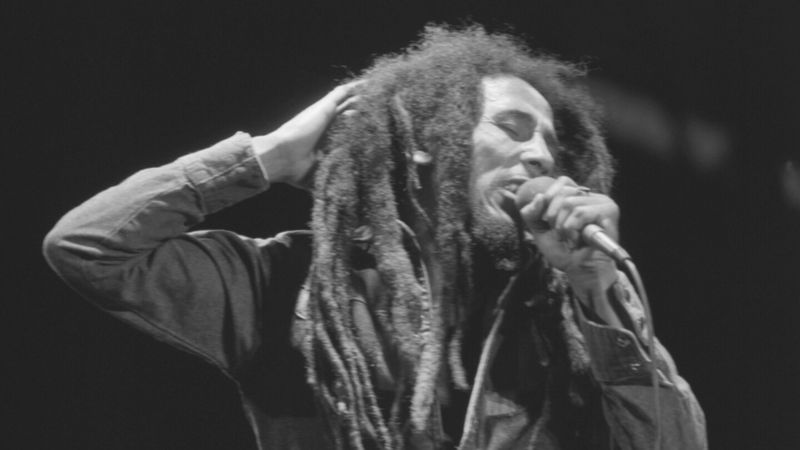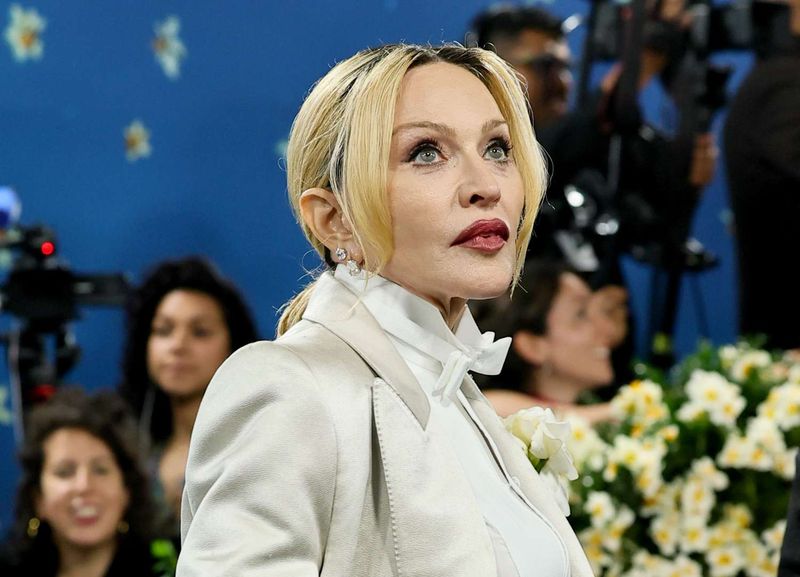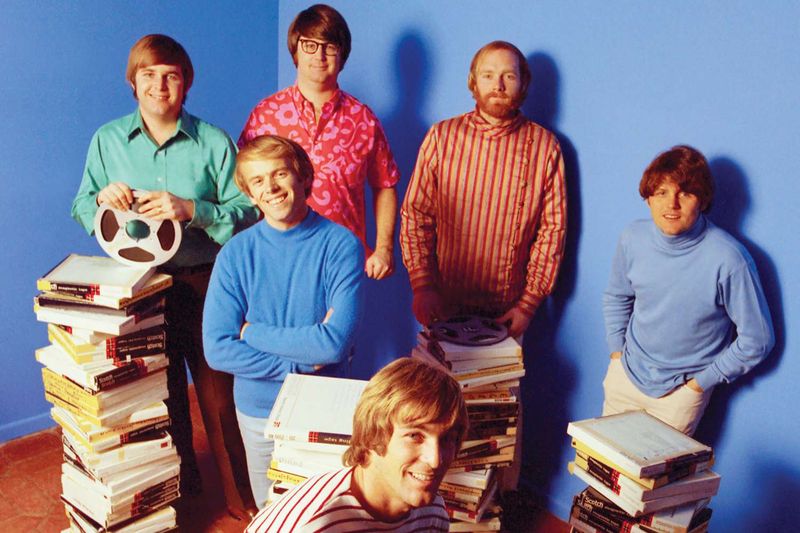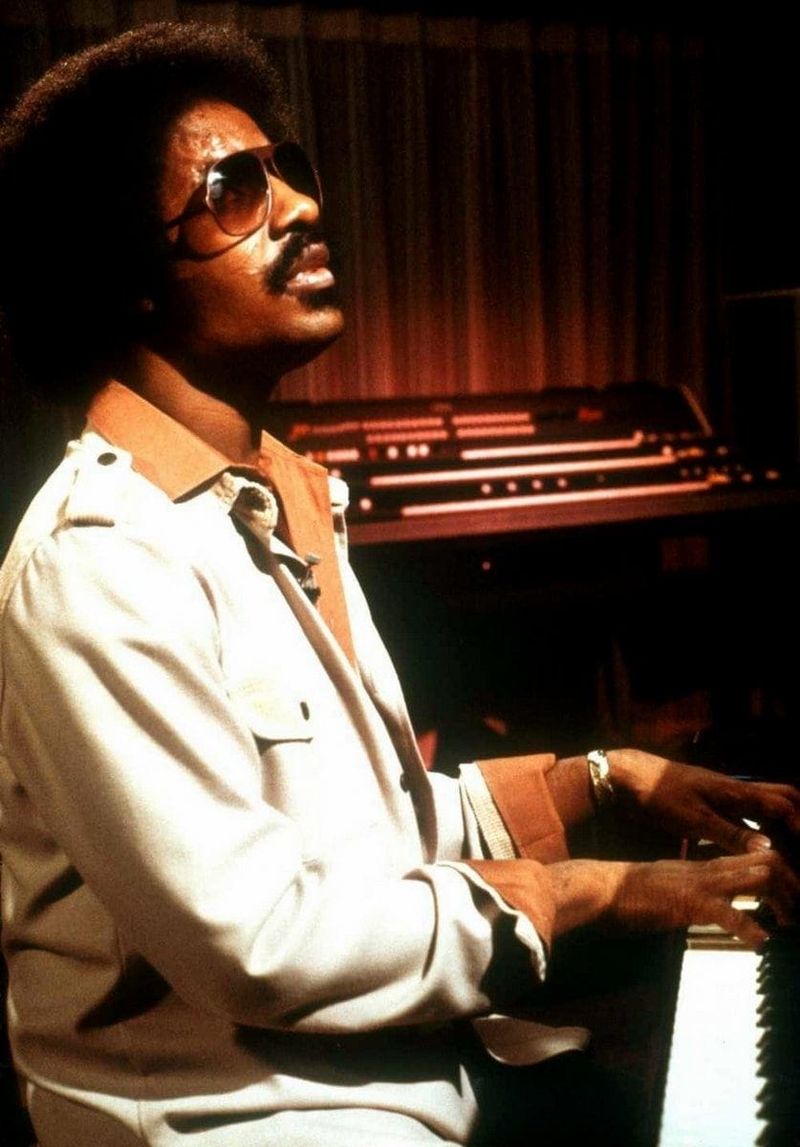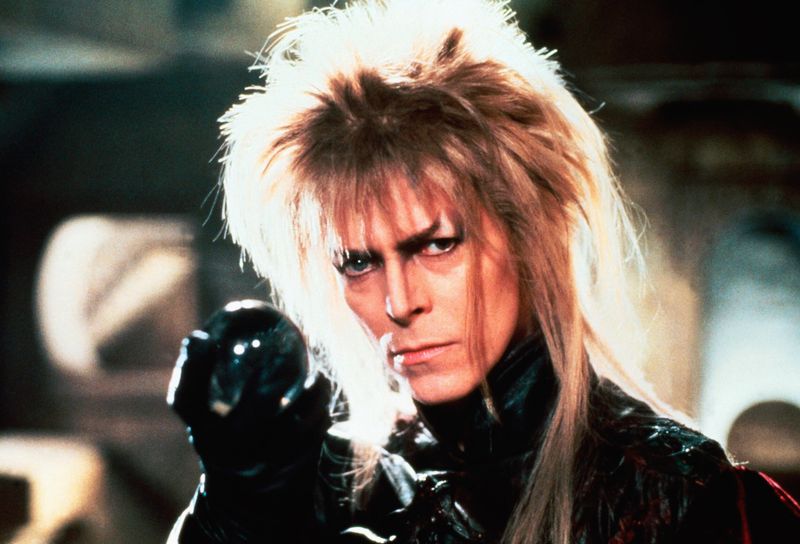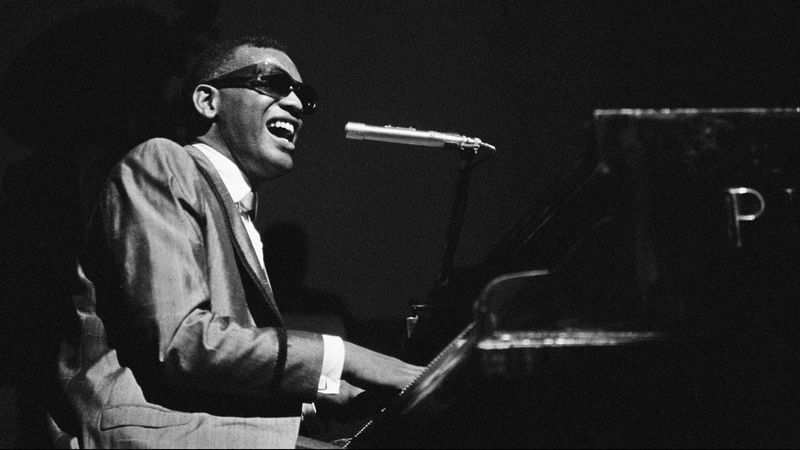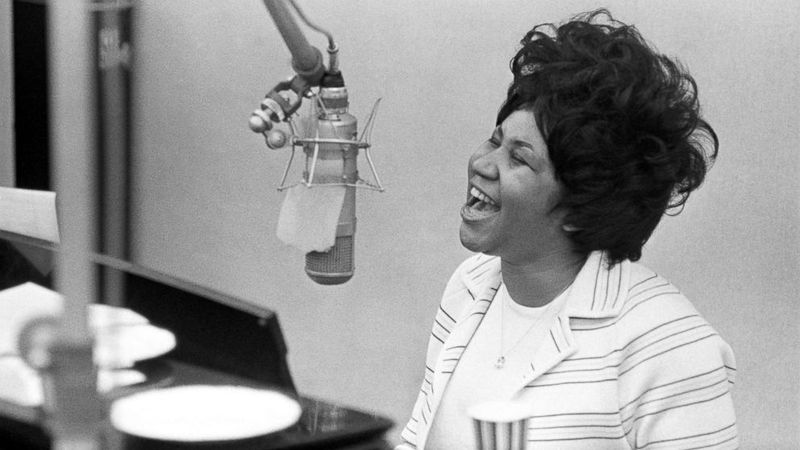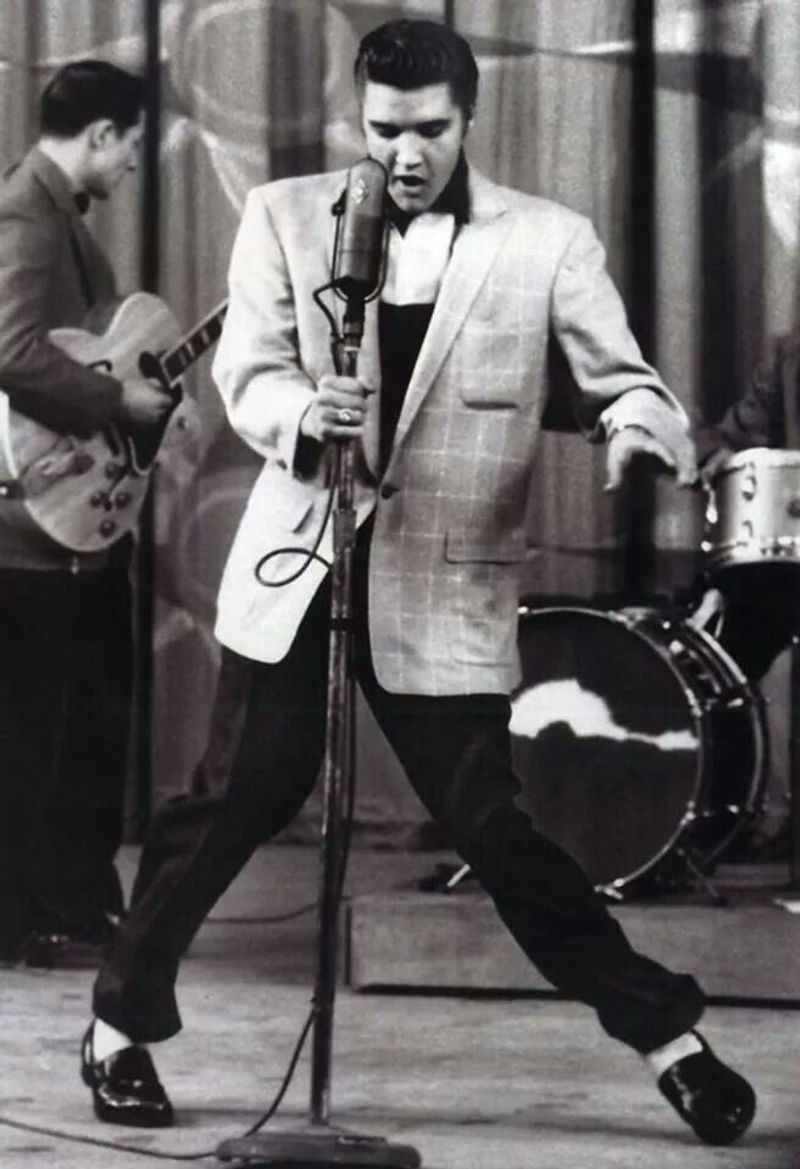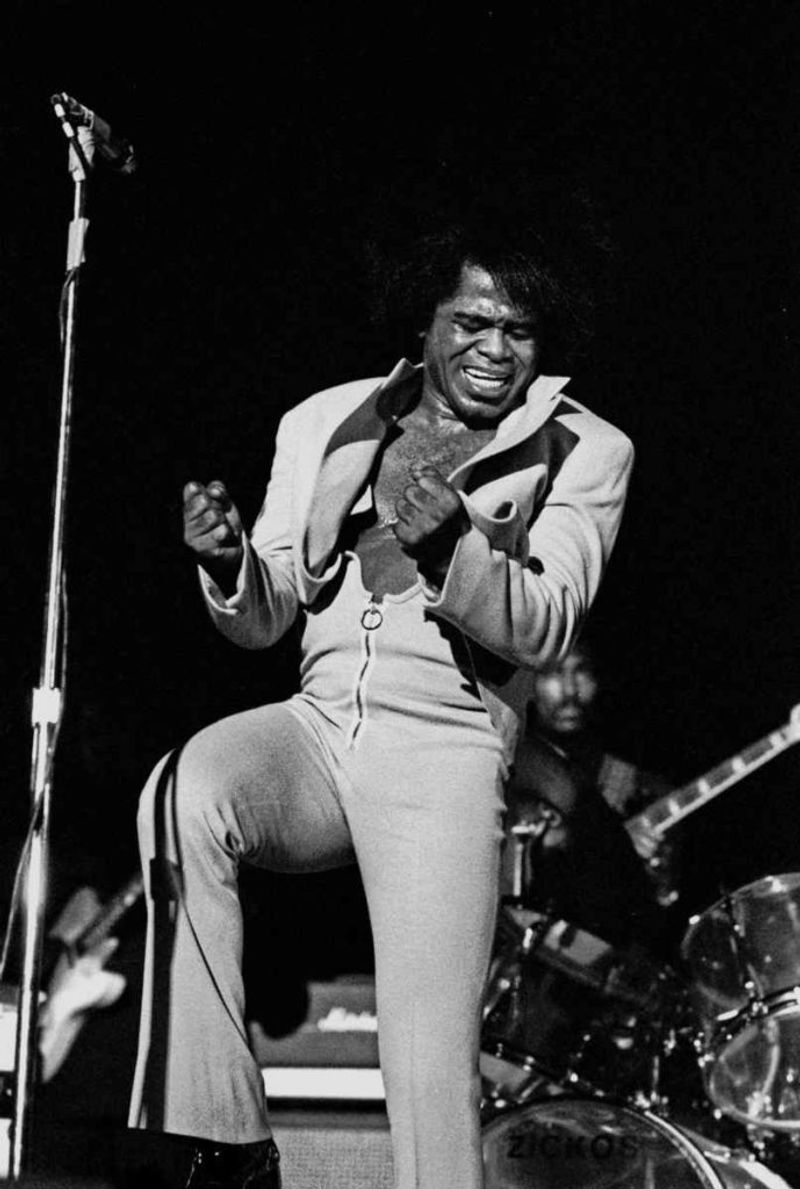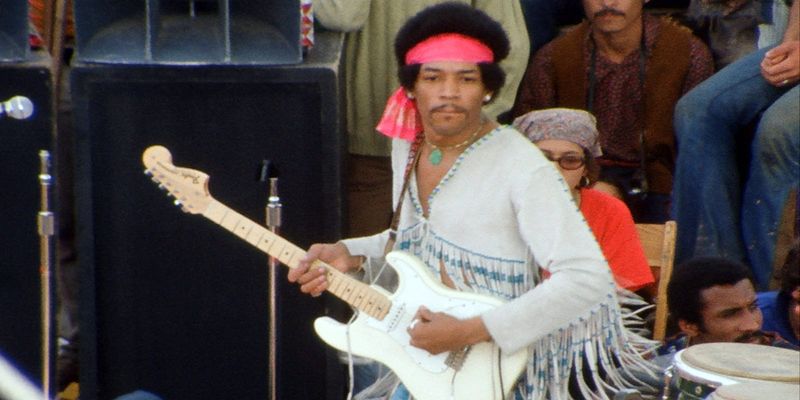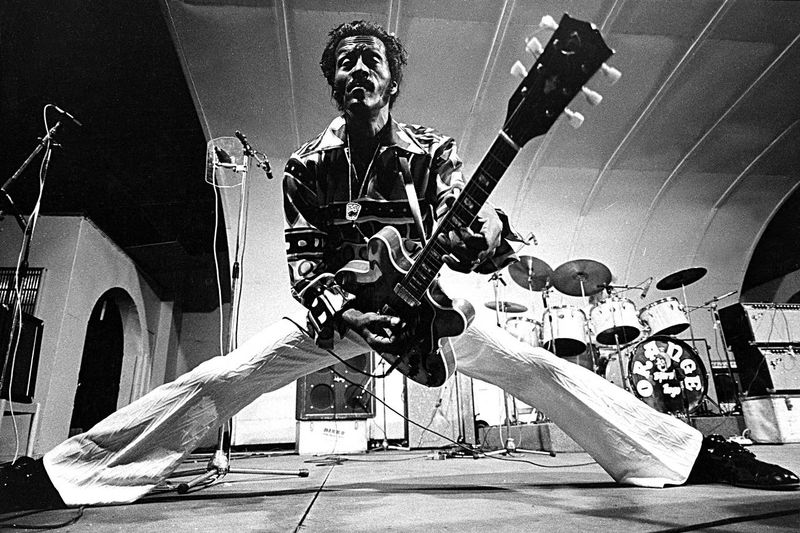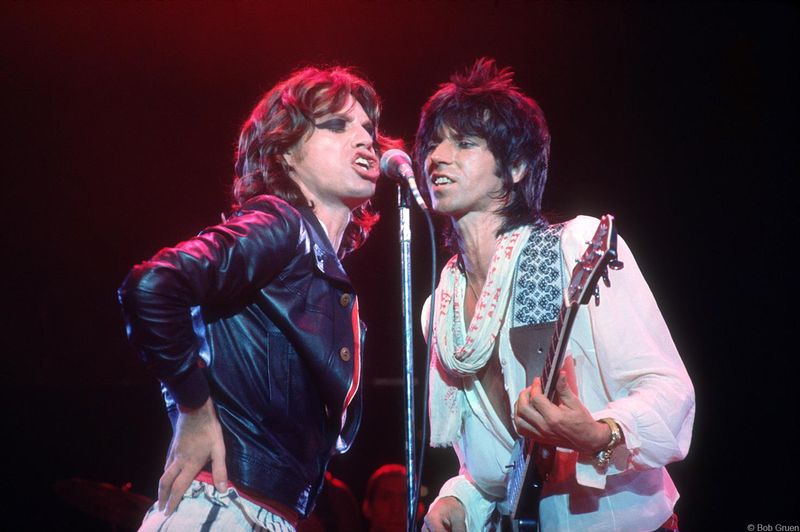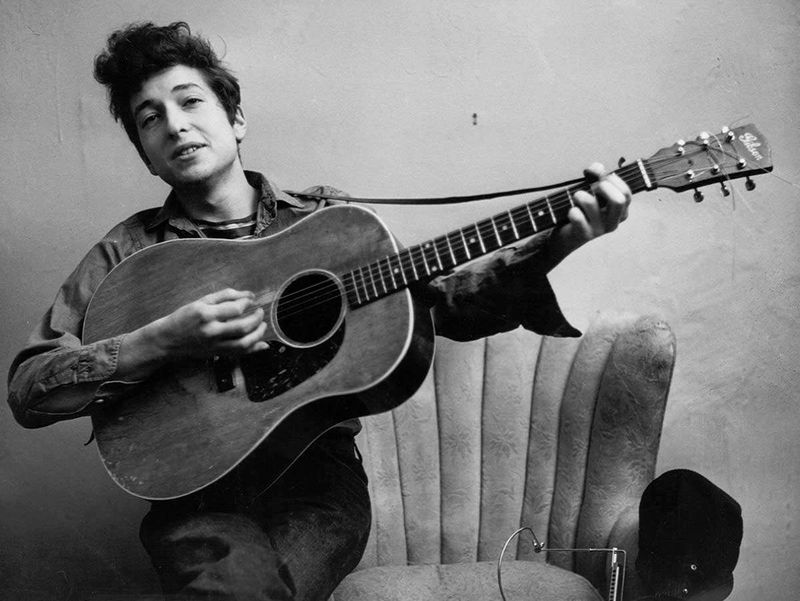Music shapes our world in countless ways, creating soundtracks for our lives and connecting people across generations.
From rock revolutionaries to soul pioneers, certain artists have transcended mere popularity to become cultural icons whose influence extends far beyond their records.
These musical legends didn’t just create songs – they changed how we think about music itself, pushing boundaries and inspiring countless musicians who followed in their footsteps.
20. Prince
The musical chameleon from Minneapolis revolutionized pop with his genre-bending brilliance and flamboyant stage presence. Mastering over 20 instruments, Prince created a sound uniquely his own, blending funk, rock, R&B, and dance into an intoxicating musical cocktail.
His masterpiece “Purple Rain” showcased both his cinematic vision and musical genius. Beyond his own hits, Prince wrote countless songs for other artists, often anonymously sharing his gift.
A fierce advocate for artistic control, he famously battled record labels and changed his name to a symbol. His unexpected passing in 2016 left a purple-hued void in music that no one else can fill.
19. Nirvana
Seattle’s reluctant rock heroes crashed into the mainstream, washing away the glitzy excess of 80s hair metal with raw, authentic grunge. Kurt Cobain’s tortured lyrics and rasping vocals captured teenage angst with brutal honesty that resonated across generations.
With just three studio albums, Nirvana forever altered rock’s landscape. “Smells Like Teen Spirit” became an anthem for Generation X, while quieter tracks like “Something in the Way” revealed Cobain’s haunting vulnerability.
Dave Grohl’s thunderous drumming and Krist Novoselic’s steady bass completed the trio’s sonic assault. Though ended tragically by Cobain’s 1994 suicide, Nirvana’s brief existence proved quality matters more than quantity in musical legacy.
18. Bruce Springsteen
The Boss captures America’s soul through gritty storytelling and marathon concerts that leave audiences breathless. For five decades, Springsteen has chronicled working-class struggles with poetic precision, making everyday heroes of factory workers and dreamers.
His breakthrough album “Born to Run” delivered cinematic tales of escape and possibility. The E Street Band’s mighty sound—with Clarence Clemons’ saxophone wails and Max Weinberg’s thunderous drums—provides the perfect backdrop for Bruce’s raspy testimonials.
Unlike many rock stars, Springsteen’s authenticity never wavered. His concerts, often exceeding three hours, showcase a performer who gives everything to his audience, night after night, creating rock ‘n’ roll revival meetings where everyone belongs.
17. Bob Marley
Reggae’s global ambassador transformed Jamaican music into a universal language of peace, resistance, and spiritual awakening. Marley’s hypnotic rhythms and message of unity made him not just a musician but a prophet whose words continue inspiring freedom movements worldwide.
Songs like “No Woman, No Cry” and “Redemption Song” blend personal storytelling with universal truths. His band, The Wailers, created the perfect foundation for Bob’s magnetic presence and distinctive vocal style.
Despite facing assassination attempts and battling cancer, Marley maintained his message of love and resistance. His premature death at 36 only mythologized his legacy. Today, his image adorns dorm rooms globally while his music continues spreading Jamaica’s spiritual resistance to new generations.
16. Beyoncé
Queen Bey reigns supreme as the most influential female artist of her generation, constantly reinventing herself while maintaining uncompromising artistic control. From Destiny’s Child to her groundbreaking visual albums, Beyoncé has redefined what it means to be a modern superstar.
Her voice transitions effortlessly from powerful belting to delicate vulnerability. Albums like “Lemonade” blend personal narrative with social commentary, creating cultural moments that transcend music.
A masterful performer, her Coachella performance (dubbed “Beychella”) showcased her ability to blend entertainment with education about Black culture. Beyond music, she’s built an empire spanning fashion, film and philanthropy while maintaining an almost mythical privacy. Her work ethic and perfectionism have become legendary in the industry.
15. The Who
Rock’s most gloriously destructive band smashed guitars and boundaries with equal enthusiasm. Pete Townshend’s windmill guitar technique and Roger Daltrey’s microphone twirling created rock theater unlike anything before, while Keith Moon’s manic drumming and John Entwistle’s thundering bass formed rock’s most explosive rhythm section.
Their rock operas “Tommy” and “Quadrophenia” elevated rock from singles to conceptual storytelling. The band pioneered the use of synthesizers in rock and pushed volume levels to ear-splitting extremes.
Famous for destroying their instruments and hotel rooms, The Who channeled youthful frustration into anthems like “My Generation” and “Won’t Get Fooled Again.” Despite Moon’s death in 1978, the band continued creating powerful music that spoke to teenage wasteland in every generation.
14. Madonna
The Material Girl transformed from dance club sensation to global megastar through relentless reinvention and provocative boundary-pushing. Madonna’s genius lies not just in catchy pop hooks but in her ability to anticipate cultural shifts, constantly evolving her image and sound to remain relevant across decades.
Her videos revolutionized the medium, turning them from promotional tools into artistic statements. Albums like “Like a Prayer” and “Ray of Light” showcased her willingness to explore spirituality alongside sexuality.
Madonna’s business acumen rivals her artistic talent—she built an empire while maintaining creative control. Though controversial for pushing sexual and religious boundaries, her fearlessness opened doors for countless female artists. At her core, Madonna understood pop music’s power to both entertain and challenge social norms.
13. The Beach Boys
California’s sun-soaked harmonizers created audio postcards capturing American youth’s idealized freedom. Initially known for surf rock anthems about waves and cars, Brian Wilson’s ambitious arrangements transformed pop music into something far more complex and beautiful.
Their masterpiece “Pet Sounds” introduced orchestral elements and studio experimentation that influenced everyone from The Beatles to modern indie bands. The group’s five-part vocal harmonies remain unmatched in popular music.
Behind the sunny melodies lay Wilson’s increasing musical sophistication and personal struggles. Though commercial success waned after their 60s peak, their influence only grew with time. The Beach Boys didn’t just sing about California—they created a musical landscape that captured an idealized America that listeners worldwide could visit through their speakers.
12. Stevie Wonder
Musical genius flows through Stevie’s fingertips, creating sounds that defy categorization while touching souls worldwide. Blind since infancy, Wonder developed extraordinary musical sensitivity, mastering multiple instruments and creating complex arrangements entirely in his mind.
His “classic period” albums of the 1970s—especially “Songs in the Key of Life”—showcase his ability to blend funk, jazz, R&B and pop into something transcendent. Wonder’s harmonica playing alone would make him remarkable; combined with his piano skills, songwriting gifts, and that voice, he becomes otherworldly.
Beyond music, his advocacy for racial justice and disability rights expanded his impact. Few artists can claim hit songs across six decades, but Stevie’s timeless music continues finding new audiences who discover the joy and depth in his sonic innovations.
11. David Bowie
Rock’s ultimate chameleon reinvented himself constantly, creating musical personas that pushed boundaries while delivering unforgettable songs. From Ziggy Stardust’s glam alien to the sophisticated Thin White Duke, Bowie used theatrical characters to explore identity and artistic expression decades before it became common.
His willingness to experiment led him through folk, glam rock, plastic soul, electronic music and jazz-influenced rock. Albums like “The Rise and Fall of Ziggy Stardust” and “Heroes” capture different facets of his restless creativity.
Bowie’s androgynous appearance challenged gender norms and provided sanctuary for outsiders everywhere. Even his death became artistic statement—releasing his final album “Blackstar” just days before passing, turning his mortality into a haunting final masterpiece that proved his innovation never ceased.
10. Ray Charles
The Genius broke musical color barriers by fusing gospel’s spiritual power with R&B’s earthiness, creating soul music that changed everything. Blind since childhood, Charles developed extraordinary musical abilities that transcended genre limitations, moving effortlessly between jazz, country, pop and blues.
His raspy voice conveyed both raw emotion and technical mastery. When Ray sang “Georgia On My Mind” or “What’d I Say,” listeners felt every note’s intention.
Charles pioneered the use of female backing vocalists (the Raelettes) whose call-and-response interactions added gospel energy to secular music. His piano playing alone would guarantee musical immortality—rhythmic, bluesy and instantly recognizable. Though facing discrimination and addiction battles throughout his career, Ray’s musical vision remained crystal clear, influencing countless artists across all genres.
9. Aretha Franklin
The Queen of Soul commanded R-E-S-P-E-C-T with a voice that could shake buildings or whisper intimate confessions. Aretha’s gospel-trained vocals brought church-like intensity to secular music, creating emotional experiences that transcended mere entertainment.
Her piano playing—often overlooked—provided the perfect foundation for her vocal gymnastics. Franklin’s ability to reinterpret others’ songs made them entirely her own; when she covered Otis Redding’s “Respect” or Simon & Garfunkel’s “Bridge Over Troubled Water,” she discovered emotional depths the original artists never imagined.
Beyond her musical gifts, Aretha became a cultural icon representing Black female empowerment. Her 1972 gospel album “Amazing Grace” remains the best-selling gospel record ever, proving her connection to spiritual music never diminished even as she conquered pop charts.
8. Elvis Presley
The King shook his hips and changed the world, bringing Black rhythm and blues to white audiences with a charisma that defined rock stardom. Elvis’s voice contained multitudes—tender on ballads, fierce on rockers, and always distinctively his own.
His early Sun Records recordings with producer Sam Phillips created the rockabilly template that countless artists would follow. Though later years brought movie soundtracks and Las Vegas spectacles of varying quality, Elvis’s cultural impact never diminished.
His 1968 “Comeback Special” proved his raw power remained intact. More than just music, Elvis represented American possibility—a poor truck driver from Mississippi who became the biggest star on earth. Though his death revealed the dark side of fame, his musical legacy continues growing as new generations discover why he’ll always be The King.
7. James Brown
The Hardest Working Man in Show Business invented funk through sheer force of will and rhythmic innovation. Brown’s precise bandleading transformed R&B into something more percussive and groove-oriented, creating the foundation for funk, disco, hip-hop and electronic music.
His legendary live shows featured impossible dance moves, cape routines, and band precision that bordered on military discipline. Brown demanded perfection, famously fining musicians for missed notes or scuffed shoes.
Songs like “Papa’s Got a Brand New Bag” and “Get Up (I Feel Like Being a) Sex Machine” prioritized rhythm over melody, changing music’s fundamental approach. More than just entertainment, Brown’s proclamation “Say It Loud—I’m Black and I’m Proud” became a civil rights anthem. His influence extends beyond music to dance, fashion, and Black cultural pride.
6. Jimi Hendrix
Guitar wizard Jimi revolutionized what six strings could accomplish, creating sounds previously unimaginable and influencing every guitarist who followed. Though active for just four years before his tragic death at 27, Hendrix forever changed electric guitar’s role in rock music.
His innovations included controlled feedback, wah-wah pedal techniques, and using the studio as an instrument. Hendrix’s playing combined blues feeling, jazz complexity, and rock energy into something entirely new.
Famous for playing left-handed on a restrung right-handed Stratocaster, Jimi made technical limitations into advantages. His Woodstock performance of “The Star-Spangled Banner” transformed the national anthem into both antiwar statement and guitar masterclass. Despite his brief career, Hendrix’s musical vocabulary remains so vast that guitarists still discover new aspects of his genius decades later.
5. Chuck Berry
Rock and roll’s founding father created the template that thousands would follow, establishing the guitar as rock’s central instrument and writing teenage anthems that defined the genre. Berry’s duck-walking performances and showmanship added visual excitement to his musical innovations.
His lyrics captured youth culture with poetic precision—songs about cars, school, and romance that spoke directly to teenagers. Berry’s guitar playing combined country techniques with blues feeling, creating the vocabulary rock guitarists still use today.
Classics like “Johnny B. Goode” and “Roll Over Beethoven” established rock’s rebellious attitude and musical foundations. Though facing racism and legal troubles throughout his career, Berry’s influence transcended these obstacles. When aliens wanted to understand Earth culture, NASA sent Chuck’s music on the Voyager spacecraft—proof his art represented humanity’s highest achievements.
4. The Rolling Stones
Rock’s ultimate survivors transformed from blues-obsessed teenagers into the world’s greatest rock and roll band through relentless touring and songwriting genius. Mick Jagger’s swagger and Keith Richards’ immortal riffs created the perfect contrast—danger and decadence wrapped in unforgettable melodies.
Unlike many contemporaries, the Stones adapted through psychedelia, disco, and punk while maintaining their essential bluesy character. Albums like “Exile on Main St.” and “Sticky Fingers” showcase their ability to incorporate American roots music into something distinctly their own.
Charlie Watts’ jazz-influenced drumming provided the steady foundation that allowed Jagger’s theatrics to flourish. Though famous for excess and controversy, the Stones’ musical craftsmanship remains their true legacy. Their longevity defies logic—still touring in their 70s and 80s with undiminished energy.
3. Michael Jackson
The King of Pop transformed entertainment through otherworldly dance moves, vocal innovation, and groundbreaking videos that made him the biggest star on the planet. From child prodigy with the Jackson 5 to solo superstardom, Michael’s career spanned remarkable musical evolution.
His album “Thriller” remains the best-selling of all time, featuring genre-crossing hits that appealed to everyone. Jackson’s dancing—especially the moonwalk—created visual signatures as memorable as his music.
Michael pioneered the mega-budget music video with mini-movies like “Thriller” and “Black or White.” His humanitarian work and messages of unity reached across global divides. Though later years brought controversy and isolation, Jackson’s artistic achievements remain undeniable. His perfectionism and vision created entertainment spectacles that redefined what popular music could accomplish.
2. Bob Dylan
Folk music’s reluctant prophet brought poetic depth to popular music, forever changing songwriting with lyrics that could be studied like literature. Dylan’s nasal voice—initially criticized—became one of music’s most expressive instruments, delivering lines with phrasing that emphasized their meaning over traditional melody.
His mid-60s trilogy—”Bringing It All Back Home,” “Highway 61 Revisited,” and “Blonde on Blonde”—revolutionized songwriting with surreal imagery and complex narratives. When Dylan went electric at Newport Folk Festival, he symbolically freed rock from commercial constraints.
For six decades, he’s reinvented himself constantly—folk troubadour, rock revolutionary, country crooner, born-again Christian, nostalgic traditionalist. His Nobel Prize in Literature confirmed what fans always knew: Dylan’s words transcend music to become essential American poetry capturing the nation’s contradictions and possibilities.
1. The Beatles
Liverpool’s fab four transformed from teenage heartthrobs to experimental artists who redefined what popular music could accomplish. Their unprecedented evolution—from simple love songs to psychedelic masterpieces—happened in just seven years of recording, creating the template for rock bands as serious artists.
Lennon and McCartney’s songwriting partnership balanced John’s edgy introspection with Paul’s melodic optimism. George Harrison’s spiritual seeking and distinctive guitar work added crucial dimensions, while Ringo’s distinctive drumming created the perfect foundation.
Albums like “Revolver” and “Sgt. Pepper” revolutionized studio recording techniques. Beyond music, The Beatles influenced fashion, film, and youth culture globally. Their catalog contains unmatched stylistic diversity—from the simplicity of “Love Me Do” to the complexity of “A Day in the Life”—while maintaining consistent quality that makes them rock’s ultimate standard.
